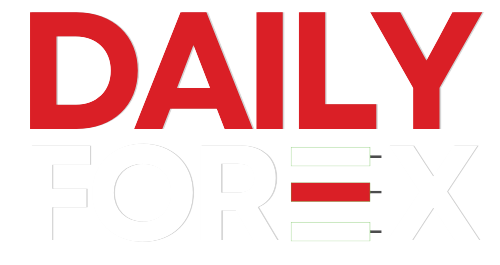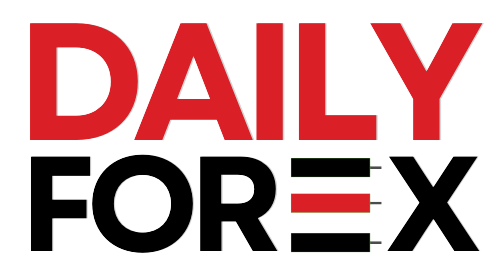Ether (ETH) is the native cryptocurrency used within the Ethereum blockchain network. Much like Bitcoin (BTC), it serves as a digital asset to store and transfer value. However, its primary function goes beyond payments—it’s designed to power operations across the Ethereum ecosystem.
What is Ether Used For?
Ether is essential for running smart contracts and decentralized applications (dApps) on Ethereum. Any computational task on the network requires ETH to process. Ethereum nodes, which execute transactions and smart contracts, require compensation in ETH—otherwise, no transaction or operation can occur.
This design helps prevent abuse of the network’s computing resources, a concept rooted in the “halting problem” of computer science. If someone tried to execute an infinite loop or an extremely demanding process, ETH fees act as a deterrent by making such behavior costly.
Ether as Gas
To manage these operations, Ethereum uses a concept called gas:
- Gas is a unit that measures how much computational effort is required to execute specific tasks like sending ETH, interacting with smart contracts, or deploying dApps.
- Gas is paid in ETH, which means every transaction or contract execution costs ETH, proportional to the effort involved.
For instance:
- Sending ETH might require 21,000 gas units.
- Minting an NFT might require over 2 million gas units.
Gas Price and Gwei
Gas isn’t ETH itself. Instead, gas has a price denominated in gwei, which is a smaller unit of ETH.
- 1 gwei = 0.000000001 ETH
If a transaction needs 21,000 gas and each gas unit costs 15 gwei, the total cost would be:
- 21,000 x 15 gwei = 315,000 gwei = 0.000315 ETH
Base Fee and Priority Fee (Tip)
Since Ethereum switched to a new fee model, the total transaction cost includes:
- Base Fee: The minimum cost to include a transaction in a block. It adjusts depending on network congestion.
- Priority Fee (Tip): An extra amount users can offer to incentivize miners or validators to prioritize their transaction.
- Gas Limit: The maximum amount of gas a user is willing to spend.
Transaction Fee Formula:
Transaction Fee = Gas Limit x (Base Fee + Tip)For example:
- If the base fee is 300 gwei, tip is 20 gwei, and gas limit is 21,000:
- Transaction Fee = 21,000 x (300 + 20) = 6,720,000 gwei = 0.00672 ETH
Refunds and Failed Transactions
Ethereum refunds any unused gas. But if a transaction exceeds the gas limit before completing, it fails, and you lose the gas already used.
Reducing Gas Costs
To lower gas fees:
- Ethereum moved from Proof-of-Work to Proof-of-Stake (The Merge in 2022)
- Implemented Layer 2 scaling solutions to offload computation
Ethereum Fee Glossary
- Gas: Measurement of computational effort
- Base Fee: Required ETH to process a transaction
- Gwei: A fraction of ETH (1 gwei = 0.000000001 ETH)
- Gas Price: Cost of one gas unit in gwei
- Gas Limit: Max gas you’re willing to spend
- Max Fee: Max gwei you’re willing to pay
- Tip (Priority Fee): Extra ETH to incentivize validators
- Gas Burn: Base fees are destroyed, reducing ETH supply
Ether isn’t just digital money—it’s the fuel that keeps the Ethereum network running securely and efficiently.
Stay Educated With Daily Forex Pakistan.




